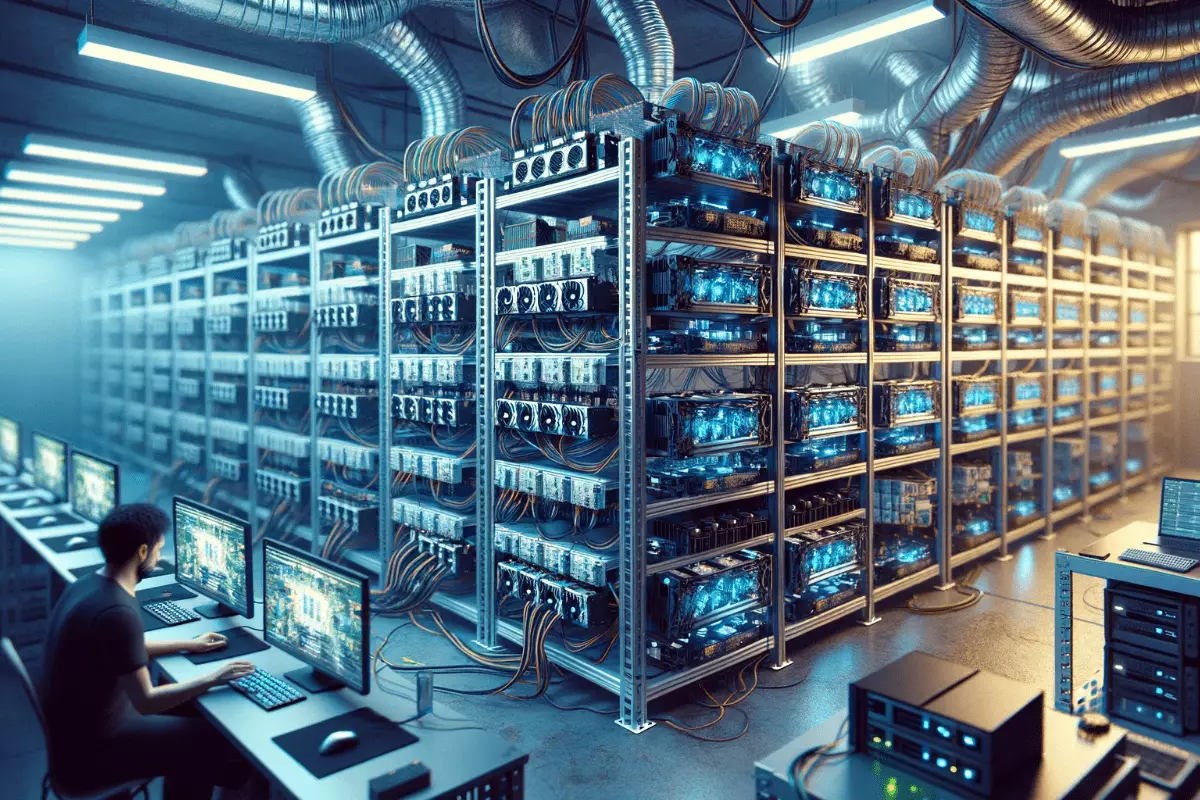The convergence of blockchain technology and artificial intelligence (AI) has the potential to revolutionize the Web3 landscape. According to a recent report by TenSquared Capital, AI can play a crucial role in enhancing speed, efficiency, and trust in Web3 applications. By automating tasks, facilitating data-driven decision-making, and increasing transparency, AI can address complex global challenges and simplify code writing in the crypto industry.
AI tools like ChatGPT and Github Co-Pilot have the power to simplify code writing in the blockchain space. These tools empower developers to work on different blockchains, regardless of their expertise in specific programming languages. For instance, a developer proficient in Solidity can leverage AI code-writing tools to seamlessly translate code into other languages like Rust for Cosmos. This lowers the barrier to entry for developers and enables them to write code more quickly, as stated in TenSquared’s report.
AI can also improve blockchain infrastructure by creating smart contracts and consensus protocols that make real-time decisions based on on-chain data. Startups like Oraichain are already utilizing AI-powered APIs to establish intelligent smart contracts and advanced decentralized applications (DApps). Additionally, on-chain AI can be employed for data analysis and automation within DApps, allowing for more efficient and accurate operations.
One of the critical applications of AI in Web3 is enhancing security measures. By leveraging AI-based detection systems, Web3 platforms can mitigate cyberattacks and enhance the security of smart contracts. This is crucial considering the major roadblock that security poses for users entering the crypto space. In recent incidents, hackers caused losses of over $127 million, and the crypto industry suffered over $1 billion in cyber fraud, as reported by Chainalysis.
Decentralized finance (DeFi) can greatly benefit from AI integration. Historical lending data can be utilized to create credit scores, improving loan decisions in the DeFi space. Spectral’s MACRO Score is an on-chain credit scoring system powered by advanced machine learning, offering more sophisticated lending options. Moreover, AI-driven trading bots and predictive analytics can enhance decision-making for traders, enabling them to capitalize on market trends. Platforms like 3Commas already provide automated crypto trading strategies through AI-powered bots.
Generative AI can personalize gaming experiences by creating unique characters and storylines. Inworld AI, for example, develops AI NPCs that enhance the immersion of games like WebKinz. Futureverse’s ASM platform enables users to interact with AI Agents within gaming worlds. Furthermore, AI can enhance NFT platforms and Web3 social networks by delivering personalized content and relevant product recommendations to users, improving overall user engagement and satisfaction.
While the potential of AI in the Web3 era is immense, there are notable challenges to overcome. Ethereum co-founder Vitalik Buterin recently highlighted the need to create a decentralized AI that can be trusted by other applications. Establishing a single, trusted AI system that can operate across various platforms remains a significant hurdle for the integration of crypto and AI.
The synergy between blockchain technology and AI holds tremendous promise for the Web3 era. By leveraging AI’s capabilities, Web3 can become more structured, efficient, and secure. From simplifying code writing to strengthening security measures, optimizing DeFi, and enhancing gaming experiences, AI has the potential to transform the way we interact with decentralized applications. However, overcoming the challenges of creating a decentralized and trusted AI system remains a crucial step towards fully realizing the power of AI in the Web3 world.


















